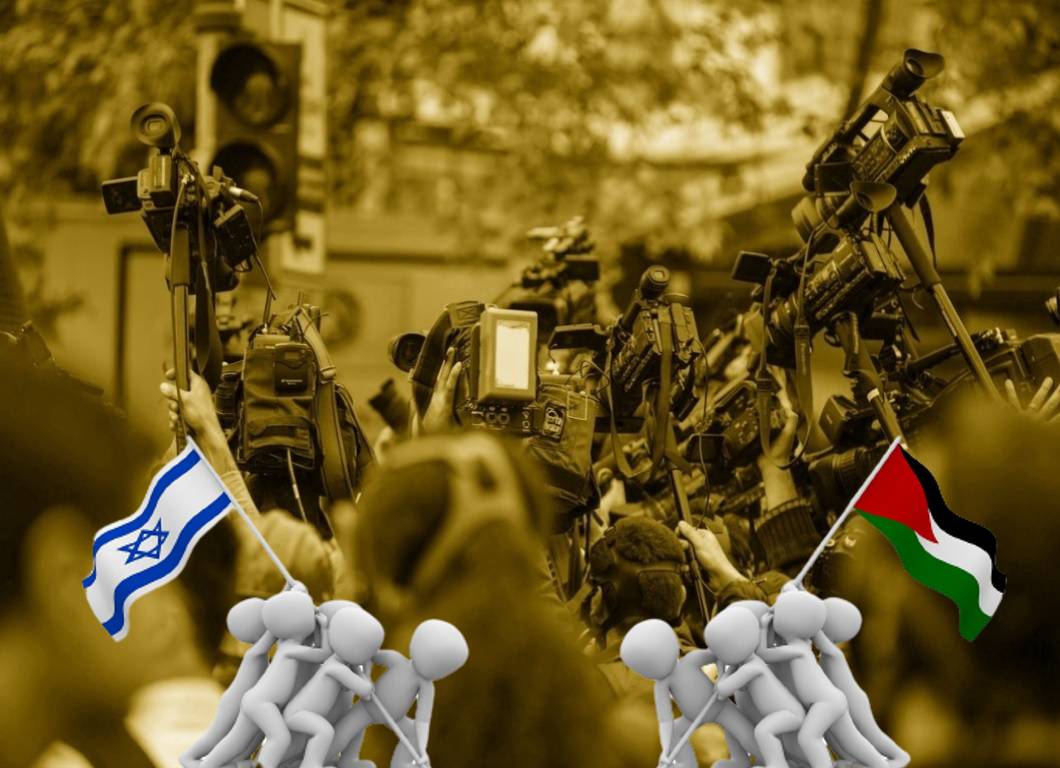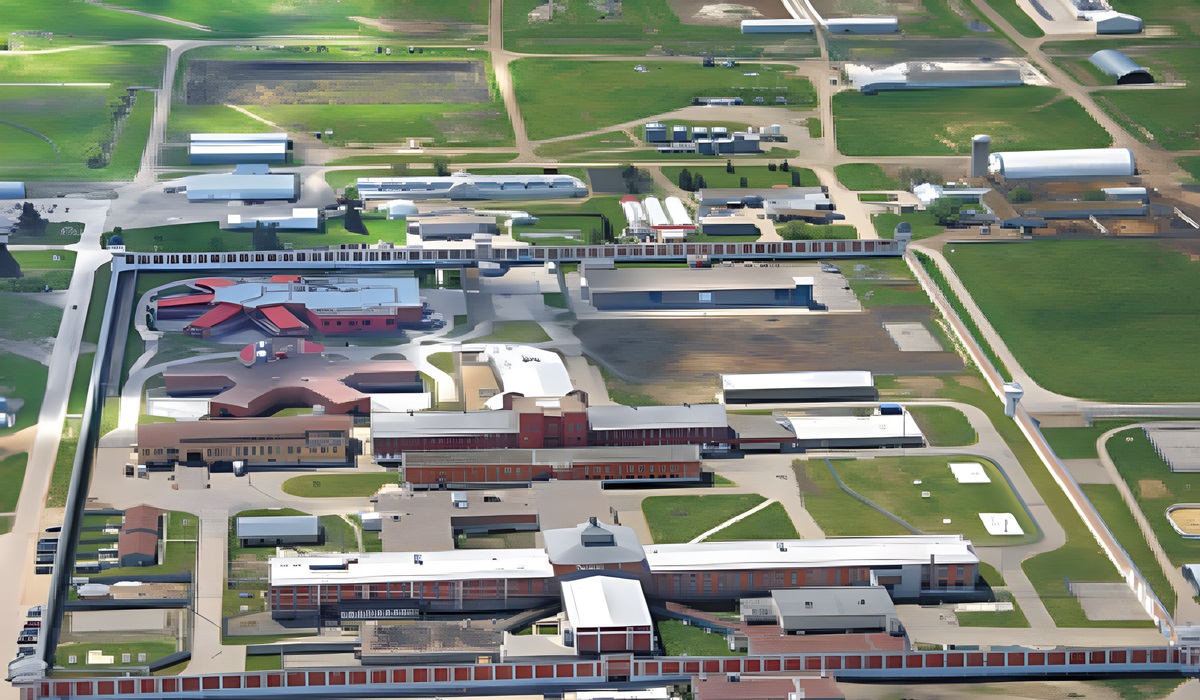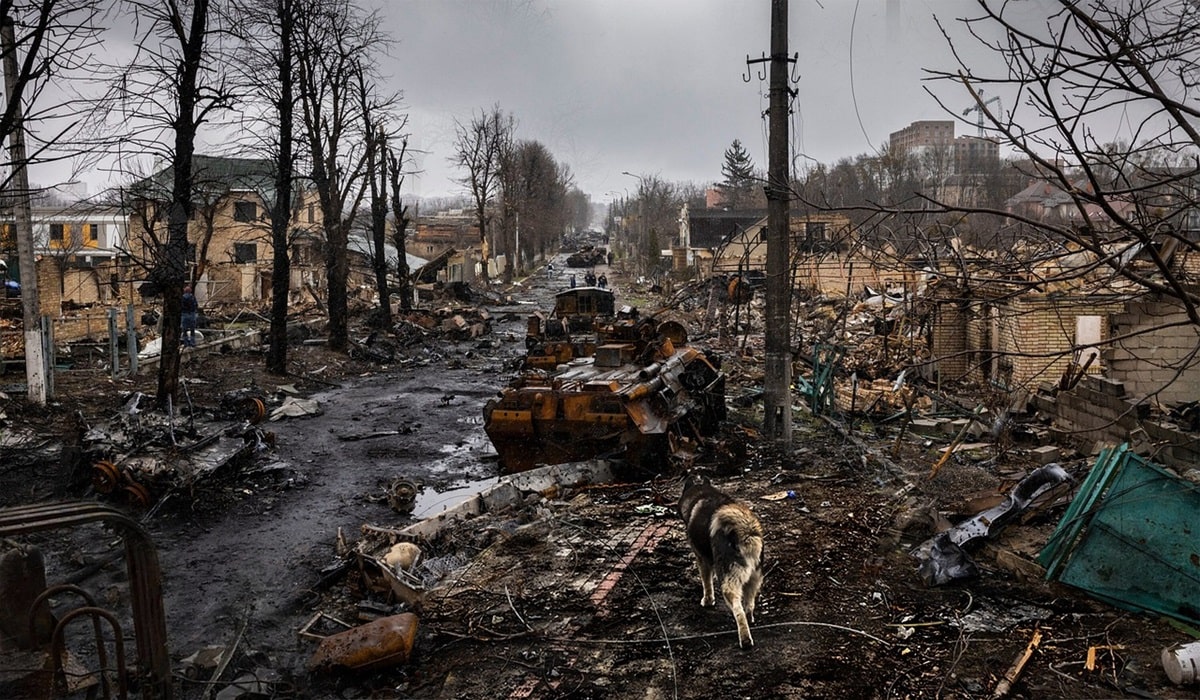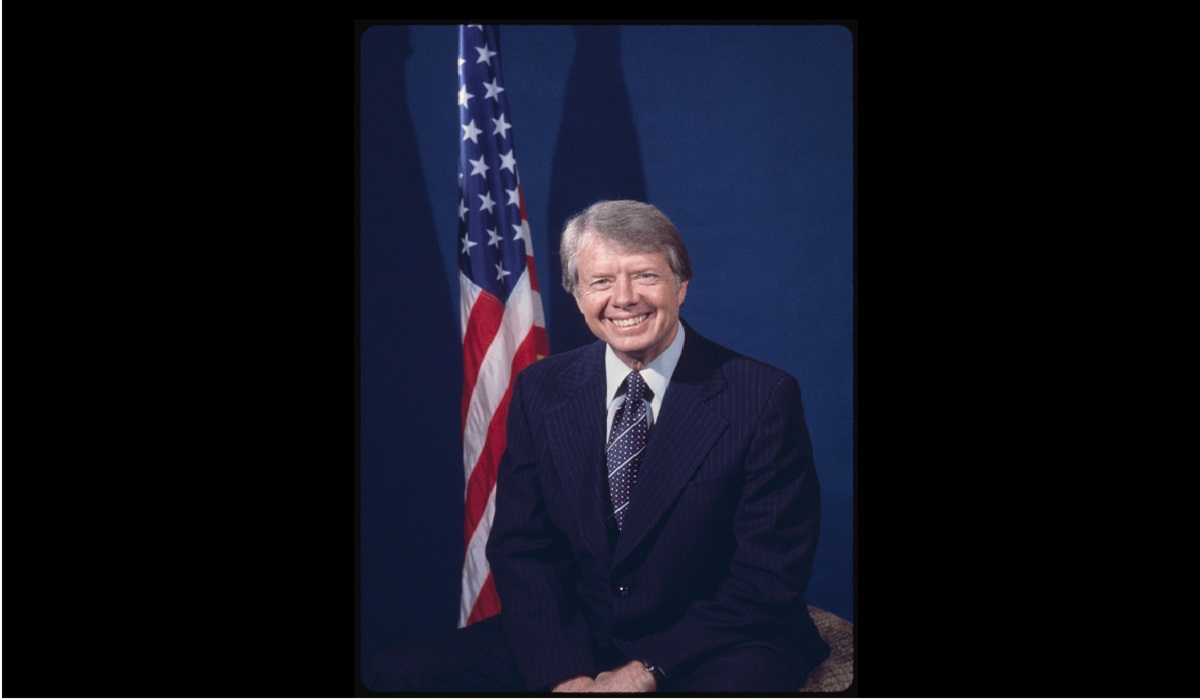Media’s Role in the Israel-Palestine Conflict: Fueling Flames Division and Stifling Peace
- TDS News
- Breaking News
- October 10, 2023

Malcolm X once famously remarked, “The media’s the most powerful entity on earth. They have the power to make the innocent guilty and to make the guilty innocent, and that’s power. Because they control the minds of the masses.” These words, spoken in a different era, are profoundly relevant to the modern world, where the media’s role in shaping public perception and influencing international conflicts cannot be underestimated. Delving further into the ongoing crisis between Israel and Palestine, we see how the media’s portrayal of this conflict and its political discourse further exacerbate an already dire situation.
In this instantaneous global communication age, the media is a double-edged sword. On one hand, it has the potential to inform, educate, and promote empathy by highlighting the human suffering and consequences of war. On the other hand, it can also pour gasoline on the flames of conflict, exacerbating divisions and promoting biased narratives. The war between Israel and Palestine is a glaring example of how media narratives can intensify tensions and hinder the pursuit of peaceful solutions.
Media outlets, echo chambers, political dissidents, political pundits, and world leaders contribute to this cycle of conflict rather than offering constructive solutions. It’s a sobering reality that the political rhetoric is often driven by Western and European nations that support Israel and Middle Eastern nations that support Palestine. This dichotomy reflects the broader geopolitical interests at play.
One cannot ignore the historical context in which this conflict unfolds. The struggle for freedom and self-determination is a common theme among many nations worldwide. African and Asian countries, having faced their struggles through colonization and oppression, often abstain from taking sides in international conflicts, which has been the case for the majority. They understand the value of peace and cooperation, having seen the devastating consequences of war.
The truth is that no one truly wins in war except for the power-hungry politicians who seek to maintain their grip on power. These politicians often push for wars, sanctions, and isolation of other nations to enrich themselves and their military allies. This harsh reality is a part of history, whether people choose to acknowledge it or not.
Depending on which news agency and part of the world you live in, the portrayal of the Israel-Palestine conflict can be starkly different. Western and European news agencies focus on Israeli casualties, innocent children, and the threat of Hamas rockets. In contrast, Middle Eastern news agencies often emphasize the devastation caused by Israeli bombings, the levelling of schools and mosques, and also the loss of innocent civilian lives.
What becomes apparent is that world leaders have taken sides in this conflict. Western nations pledge their unequivocal support for Israel, while Middle Eastern countries support the Palestinians. This lack of leadership at the highest level to unequivocally condemn all acts of brutality perpetuates a cycle of violence and hinders the path to peace.
In the end, the outcome of this conflict appears bleak. Gaza will likely be further reduced to rubble, and Palestinian territories will continue to be occupied by Israel. Thousands of Israelis will be displaced and see their homes destroyed by the fighting but will be free to move throughout the country under the fear of more rocket attacks. In contrast, over 137,000 Palestinians have been displaced by Israel’s bombing, as per United Nations (UN) Secretary-General Antonio Guterres. Many global humanitarian organizations expect that number to rise steadily hourly, and many foresee a realistic scenario where all 2.3 million Palestinians will be without a home. Guterres added that he was “deeply distressed by Israeli’s announcement to siege Gaza.
Stretching over a mere 41 kilometres (25 miles) in length and 10 kilometres in width, the Gaza Strip finds itself nestled between Israel’s blockade, Egypt, and the Mediterranean Sea. This makes the area one of the world’s most densely populated regions, leaving the Palestinians trapped.
The combined forces of Western and European nations will continue to supply Israel with munitions, while Middle Eastern countries support the Palestinians. The result will be another protracted proxy war, with no clear winners but plenty of suffering.
One of the most troubling aspects of this conflict is how media outlets and pundits are laying the groundwork for an assault on Iran. The story revolves around the $6 billion in frozen Iranian oil sales held in a Korean bank, which was subsequently released as a component of a prisoner exchange involving five American citizens detained by Iran. The notion is that the released funds were used for the financial support of Hamas. However, US Secretary of State Blinken and Iran have denied this narrative and confirmed the funds have remained unspent. But it has already been seen by tens of millions on social media and is the narrative leading many news organizations.
We are not advocating for Iran or any nation, nor will we choose sides; this is how wars start, civilizations are reduced to ashes, and innocent people die. When we as a society start to level accusations as a pretence for war to invade any sovereign nation, the burden of proof should be extraordinarily high. It’s a reminder of how many wars have been fought on hearsay without presenting indisputable evidence. The Iraq War serves as a painful example, where the alleged presence of weapons of mass destruction was used as a pretext for a devastating conflict.
As of July 19, 2021, the data retrieved from the U.S. Department of Defense casualty website shed light on the staggering toll inflicted by the Iraq War, registering 4,431 total deaths encompassing those who fell in action and those affected by non-hostile incidents. Furthermore, 31,994 individuals were marked as wounded in action. These numbers reflect a fraction of the broader human impact, as it is estimated that nearly 300,000 Iraqi civilians and soldiers died during the conflict.
According to the Washington Post, the financial expenditure of the United States in the Iraq War’s true cost is an astonishing 3 trillion dollars. This colossal sum, when considered, underscores the profound potential to address critical societal issues such as poverty, homelessness, and the establishment of a comprehensive healthcare system. It serves as a poignant reminder of the immense resources that could be redirected toward pressing domestic needs allocated to fighting wars.
As a global society, we’ve reached a point where it has become almost acceptable to see death and destruction and politicians making unsubstantiated claims about other nations. War should always be the last resort, and if leaders are considering sending their citizens into harm’s way, they must provide concrete and irrefutable evidence of the atrocities they claim are happening behind the scenes.
The ongoing conflict between Israel and Palestine is a heart-wrenching tragedy. We should not be choosing sides when people are dying, and we cannot ignore the suffering of both Israelis and Palestinians. This conflict has deep roots, and it’s a mistake to believe that any actions taken by either side did not foresee this outcome.
Israel and Palestine have always conflicted, but now it’s a full-blown destruction of both states. The question that lingers is: Is the bloodshed worth it? It’s a question that we should all ask ourselves as we navigate this complex and deeply troubling situation.








